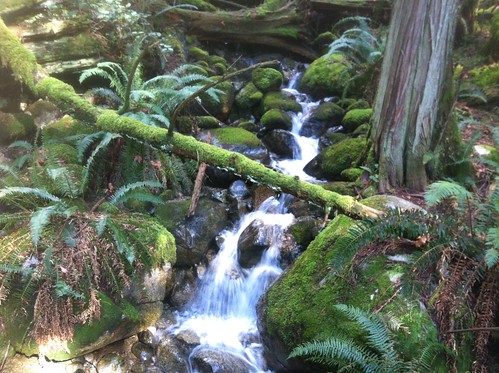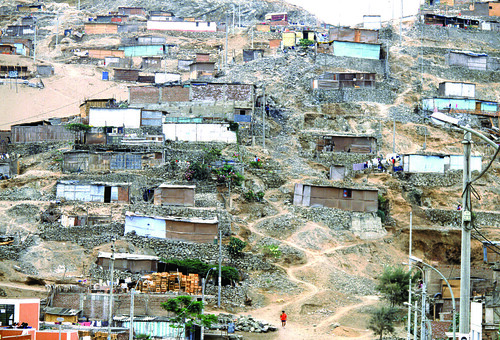My Research Philosophy and Methodological Orientation
My research is, by nature, interdisciplinary, though I primarily use conceptual frameworks derived from the political science and human geography literatures to study comparative public policy issues. I explore questions of networked governance through the study of environmental issues at the urban (local) and cross-national (global) scales. My current (and future) research agenda involves various projects following the three main strands of work that I have explored and continue to work on.
My research uses integrated assessment methods to address seemingly intractable water problems across urban, rural and transnational scales through the lenses of polycentric governance. My research group on networked water governance is currently engaged in several water and waste governance-related projects. My work is fieldwork-intensive. For this reason, I travel extensively in Europe, Asia and the Americas.
Some of My Findings
- The first strand focuses on intractable water governance problems (which include the global politics of bottled water and the governance of wastewater, issues of privatization and remunicipalization of public service delivery, and intractable water conflicts).
- The second thread focuses on North-South responses to environmental policy challenges (which include a global study of informal waste picking, a US-Mexico analysis of electronic waste governance, and an examination of scavengers-local governments’ relations).
- The third set is located at the intersection of comparative politics and international relations, and focuses on cooperative and non-cooperative relationships between government, intergovernmental secretariats, and environmental non-governmental organizations. This includes a study of regulatory frameworks and issues of compliance and rule of law in North American environmental politics, as well as an examination of transnational environmental NGO mobilizations.
The Governance of Water Conflicts in Mexico (2016-2018):
With funding from the National Science and Technology Council (Consejo Nacional de Ciencia y Tecnologia, CONACYT) in Mexico, I am currently expanding my research on intractable water conflicts to a larger, national-scale, multi-site, multi-case study analysis of disputes for water resources in Mexico. I am leading a collaborative effort with Dr. Adriana Aguilar (Centro GEO), Dr. Jaime Sainz (CIDE) and Dr. Gerardo Iñiguez (Laboratorio Nacional de Políticas Públicas, CIDE) where we will be exploring the root causes, and model potential outcomes of water conflicts in Mexico, using a multidisciplinary framework. This 2 year project will aim to build a series of policy proposals to reduce the likelihood of conflicts for water resources.
With funding from the University of California Institute for Mexico-US Studies, through a grant to Dr. Kate O’Neill and myself from the UCMEXUS-CONACYT Collaborative Grants program, I am studying potential models of e-waste governance in the United States and Mexico. We built a conceptual framework that explores the possibility of engaging the formal and informal waste sectors. We recently conducted an experts workshop and will be submitting the final grant report in August of 2016. A link to the project summary, outputs can be found here.
Other projects I’m undertaking include…
Analyzing North-South Divides in Resource Management and Environmental Policy
A second set of projects I am engaged with are focused on understanding the causes and consequences of North-South divides in resource management and environmental politics. My previous work explored instances where policy transfer (sometimes North-North and often North-South) may have occurred. However, there is evidence a chasm between what Northern countries have achieved in terms of environmental protection and what Southern countries have. Moreover, there are a number of negative impacts on the environment that projects in the North have on the South. This strand of research involves a comparative project on the politics of waste picking across several countries. I have so far undertaken fieldwork in Argentina, Uruguay, Mexico, the US of A, Canada, France and Spain. From this project, I have authored a paper with Dr. Kate Parizeau (University of Guelph) on the challenges of studying very marginalized and under-privileged populations.



One Response
Stay in touch with the conversation, subscribe to the RSS feed for comments on this post.
Continuing the Discussion